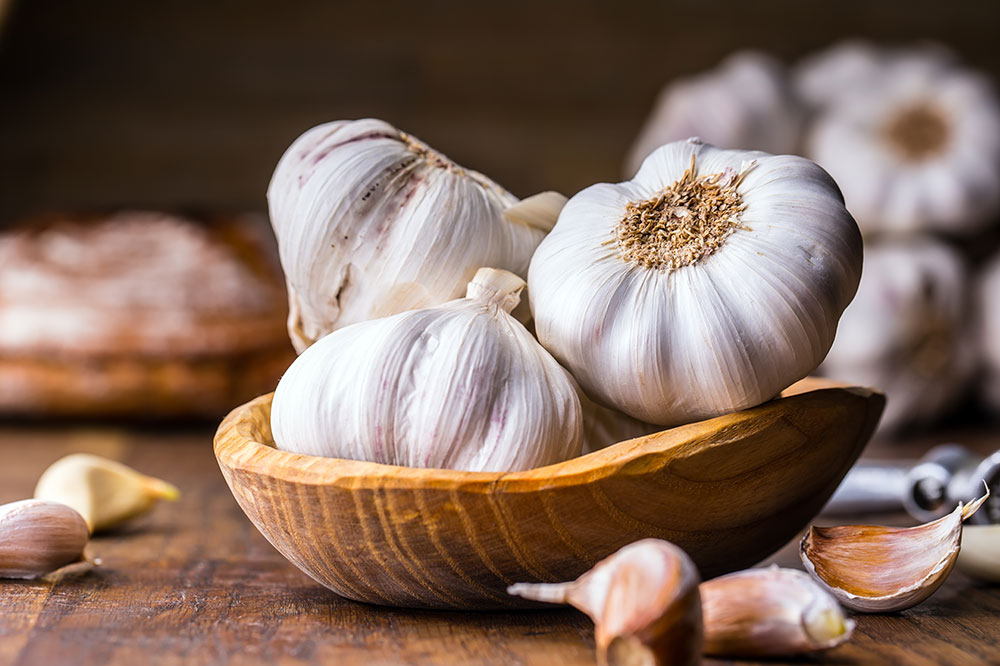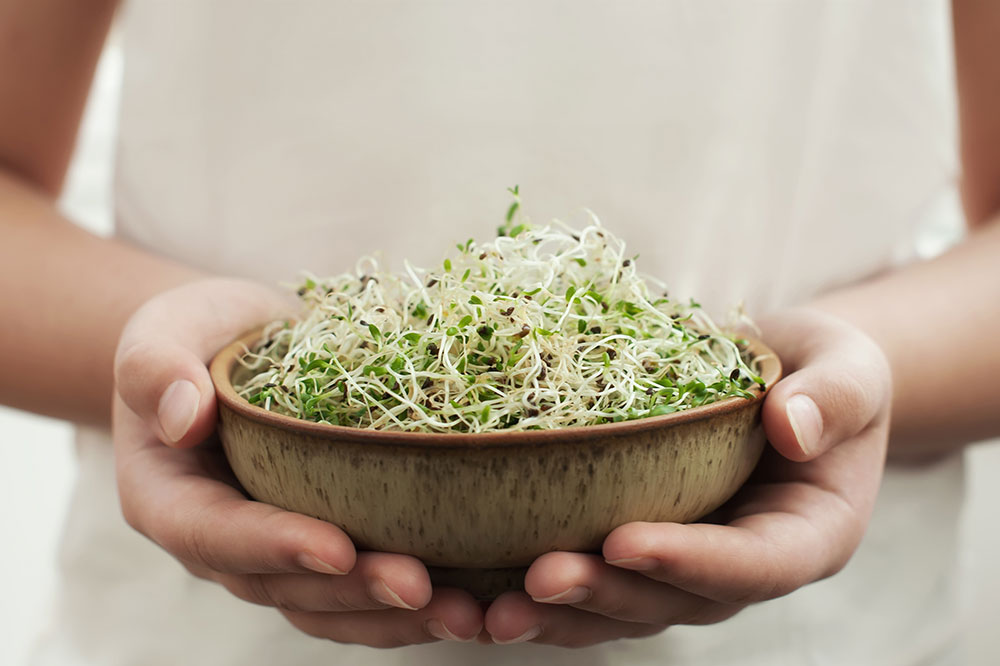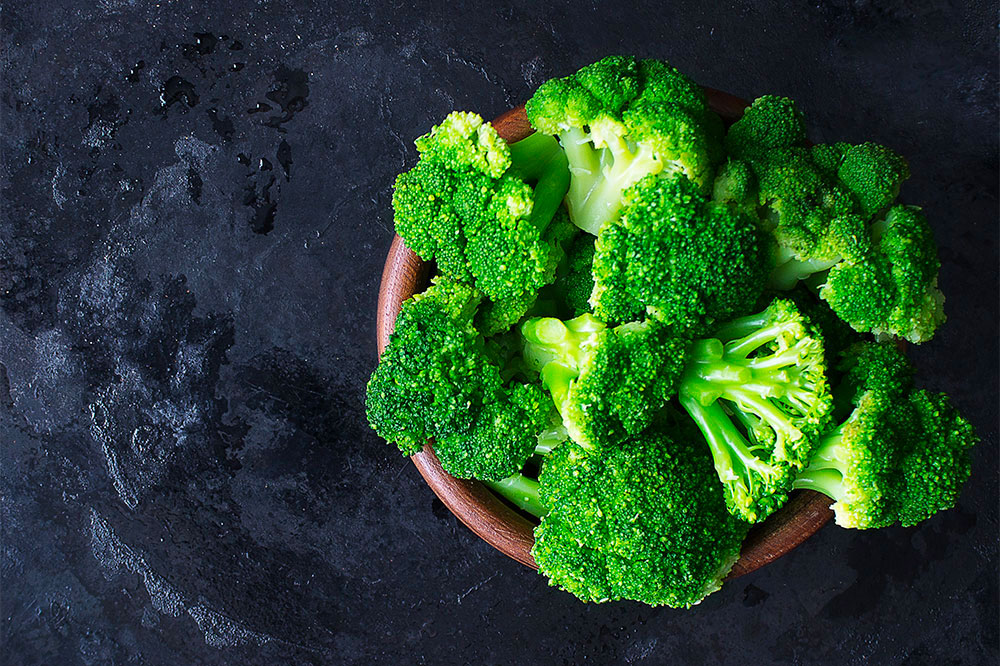Diet Strategies for Managing Lupus Symptoms Effectively
Learn how dietary choices impact lupus management. This guide highlights safe foods rich in omega-3s, calcium, and antioxidants, while advising to avoid triggers like alfalfa sprouts and excessive garlic. Proper nutrition can aid in controlling symptoms and reducing flare-ups in lupus patients, complementing medical treatment.

Lupus is an autoimmune disorder characterized by inflammation and joint discomfort resulting from the immune system attacking healthy tissues. While diet alone can't cure lupus, choosing the right foods can help manage symptoms and lessen flare-ups. Focus on nutrient-dense options and avoid known triggers for better disease control.
Beneficial foods include:
Omega-3 fatty acids: Present in fatty fish such as salmon, sardines, mackerel, trout, tuna, and shellfish. For vegans, walnuts, chia seeds, and flaxseeds are good plant-based sources.
Calcium-rich foods: To support bone health affected by medication, consume low-fat dairy, tofu, beans, spinach, and broccoli. Minimize saturated fats from dairy.
Antioxidant-rich produce: Incorporate fruits and vegetables like carrots, sweet potatoes, citrus, berries, along with oats, nuts, legumes, and teas to fight inflammation and combat free radical damage.
Foods to limit or avoid:
Alfalfa sprouts: Contain L-canavanine, which may induce flare-ups; avoid including raw or processed alfalfa products.
Garlic: Can overstimulate the immune response and worsen symptoms, so intake should be moderated.
Note: This information is for educational purposes and does not substitute professional medical advice. Always consult your healthcare provider for personalized treatment recommendations.


